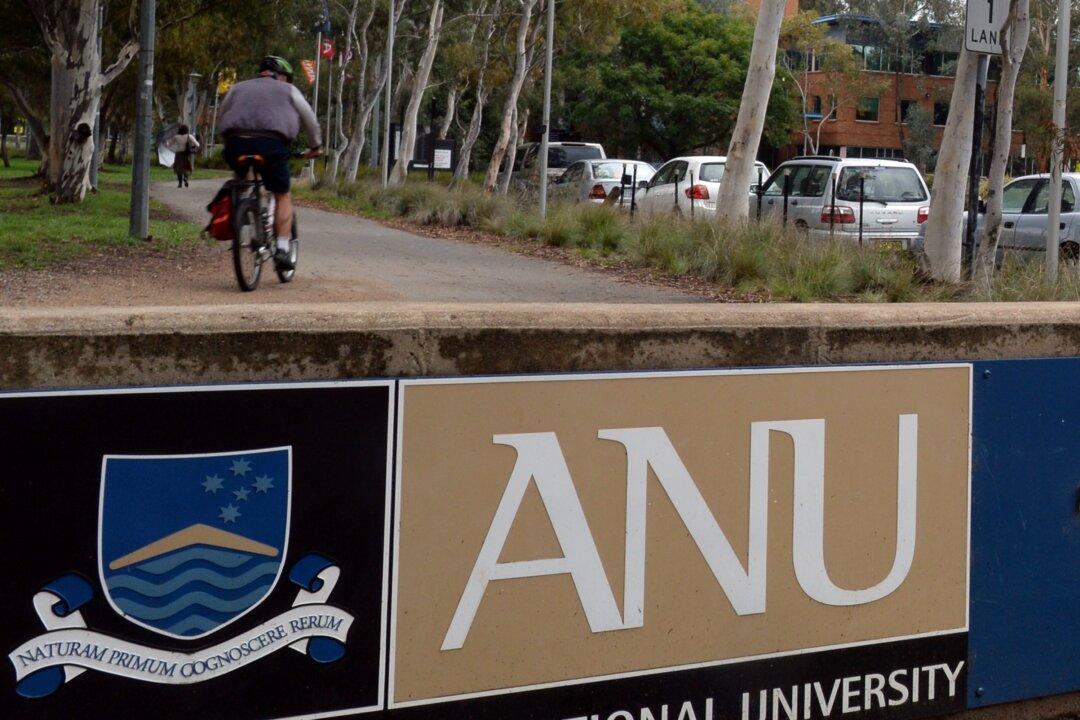The Australian National University has been hacked by a “sophisticated operator,” and the data of many staff and students has been accessed.
The university’s systems were accessed in late 2018, but the institution only realised the breach two weeks ago. The personal data of staff, students, and visitors to the Australian National University dating back almost 20 years were reported to have been accessed.





